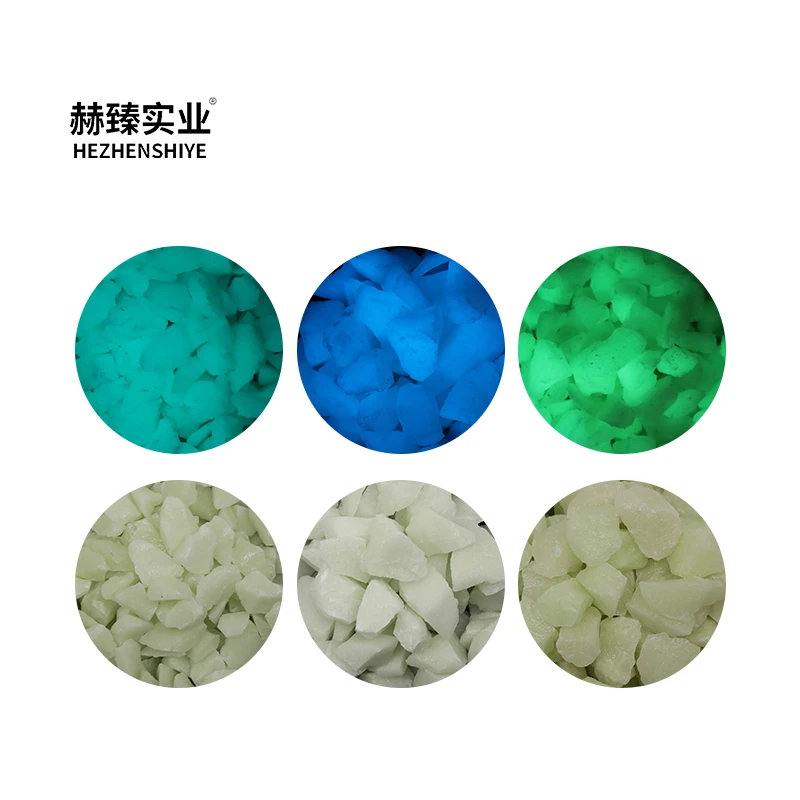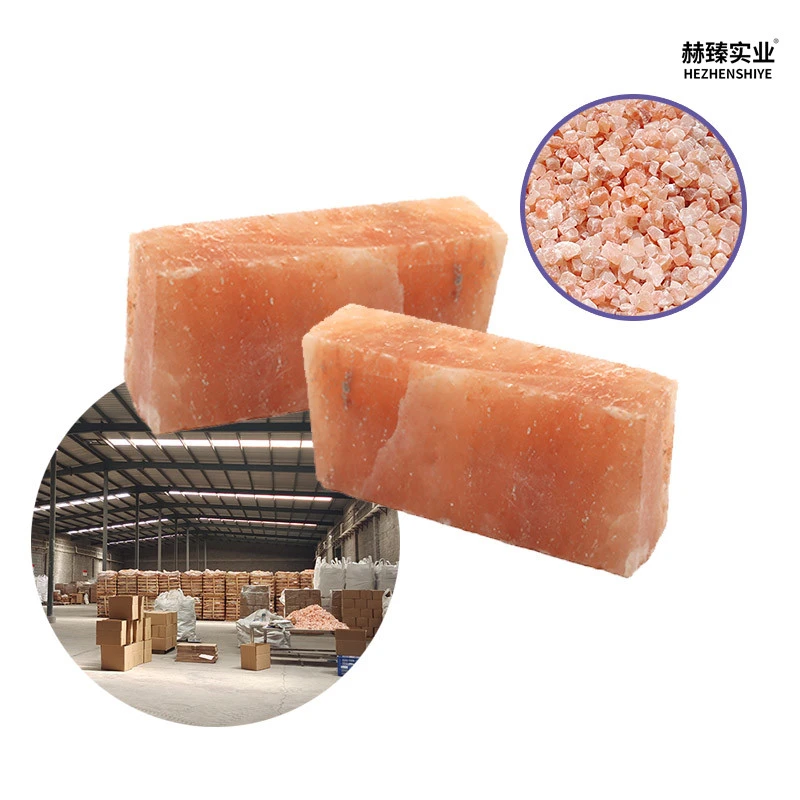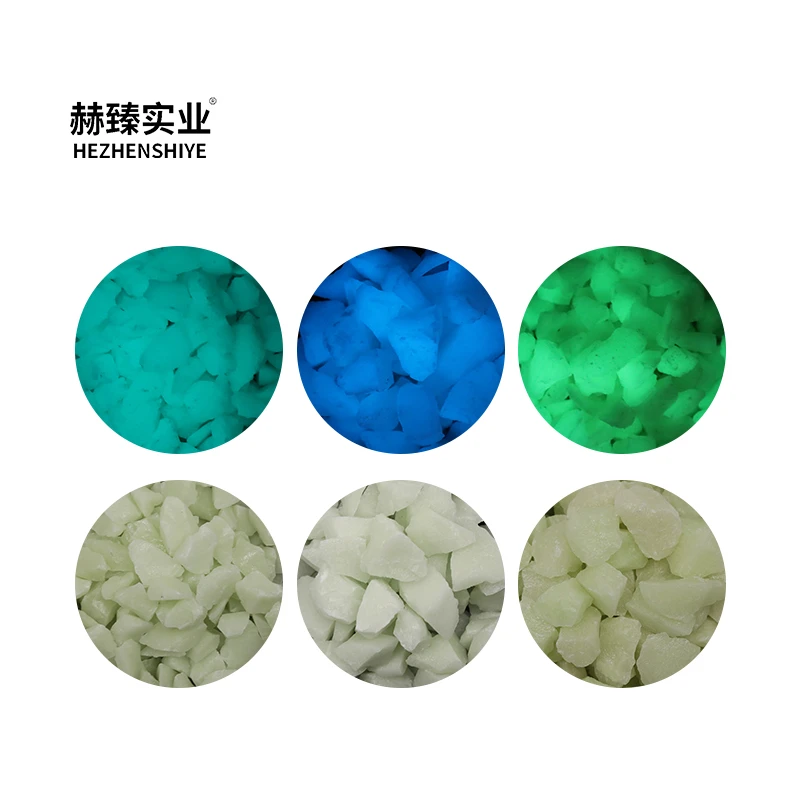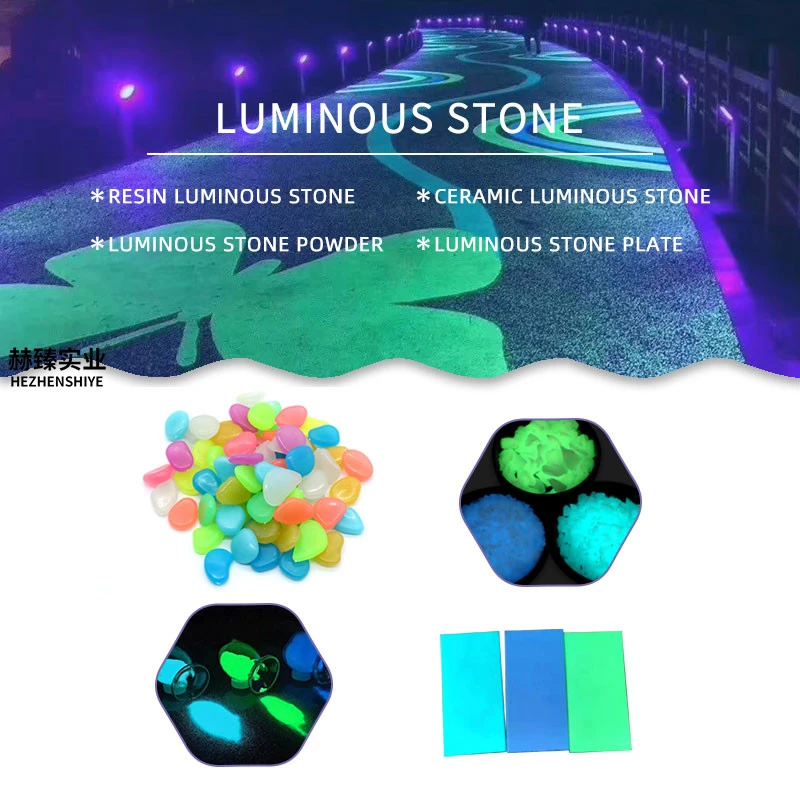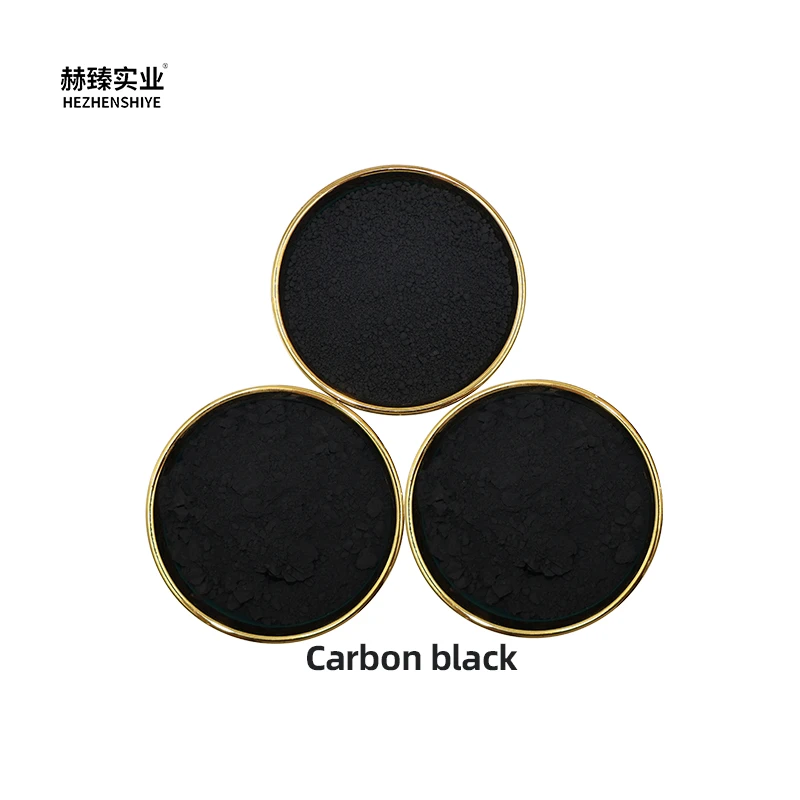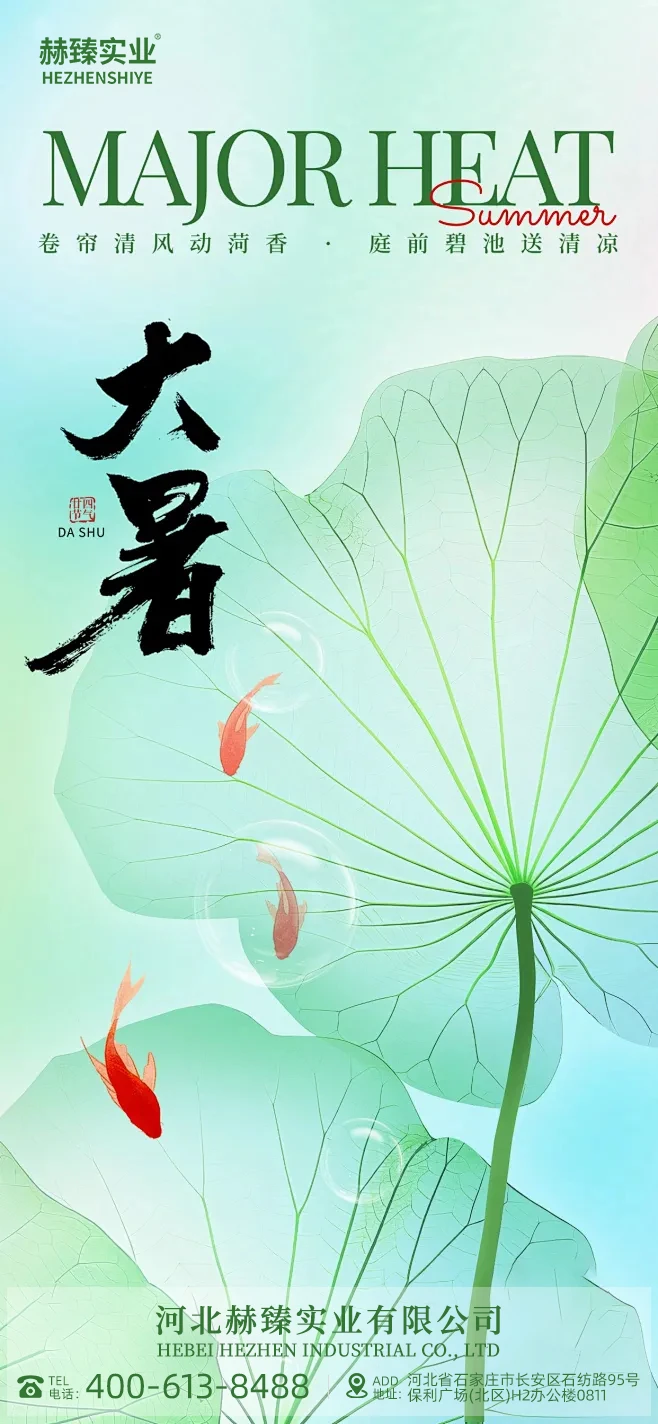Hezhen best quality luminous stone for landscaping interior decoration aquarium decoration
2025.02.14
Diatomaceous earth (DE) has emerged as a revolutionary tool for sustainable gardening, offering a natural and effective solution for pest control and soil enhancement. As a silica-rich mineral derived from the fossilized remains of tiny aquatic organisms called diatoms, its unique properties have made it a key component in organic gardening practices.
Sustainable and Ethical Approach As a naturally occurring substance, DE is a sustainable alternative to chemical pesticides and fertilizers, aligning with eco-friendly gardening practices. Its safe composition poses no harm to pets, wildlife, or the environment, making it an ideal choice for gardeners committed to organic cultivation methods. From a community perspective, a neighborhood garden project in Texas implemented DE in their plots, noting not only healthier plants but also an uplift in community interest and participation, highlighting its role in fostering communal harmony through gardening. Best Practices for Application To maximize the benefits of DE, it is crucial to apply it correctly. Dry conditions are optimal, as moisture reduces its effectiveness. Using a dust applicator, a thin layer should be spread evenly on the soil and plant surfaces without over-saturating. Regular reapplication, particularly after rain or irrigation, is essential to maintain its efficacy. Importantly, safety measures must be observed during handling, including the use of masks and goggles to prevent inhalation of fine particles. AUTHORITATIVE ENDORSEMENTS Research institutions and agriculture extension services, like the University of Florida's IPM program, endorse DE as an integral component of integrated pest management (IPM) strategies. Their studies reveal that not only does DE prove effective in pest suppression, but it also complements other IPM practices, enhancing overall garden resilience. Community Engagement and Trust DE's growing popularity has led to the formation of dedicated online communities and forums where gardeners share insights, tips, and personal experiences. This collective knowledge base not only builds trust but also empowers gardeners to make informed decisions backed by a supportive network. In conclusion, diatomaceous earth stands out as a multifaceted tool in the gardener's arsenal. Its contributions to pest control, soil health, and sustainable gardening practices are backed by scientific research and real-life applications, establishing it as a reliable and authoritative choice for gardeners seeking to optimize their garden's potential naturally and effectively.

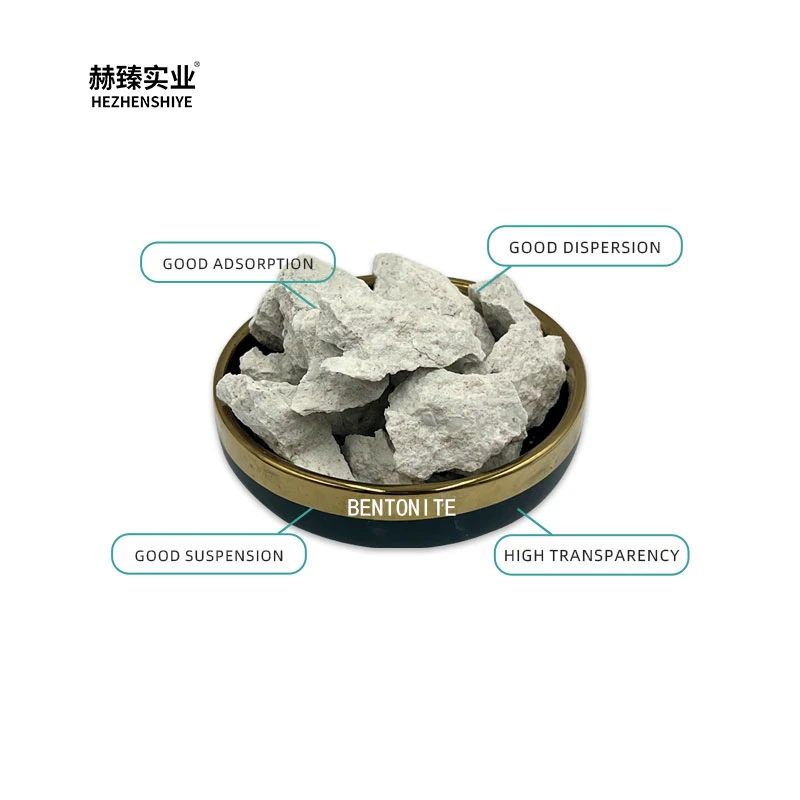
Sustainable and Ethical Approach As a naturally occurring substance, DE is a sustainable alternative to chemical pesticides and fertilizers, aligning with eco-friendly gardening practices. Its safe composition poses no harm to pets, wildlife, or the environment, making it an ideal choice for gardeners committed to organic cultivation methods. From a community perspective, a neighborhood garden project in Texas implemented DE in their plots, noting not only healthier plants but also an uplift in community interest and participation, highlighting its role in fostering communal harmony through gardening. Best Practices for Application To maximize the benefits of DE, it is crucial to apply it correctly. Dry conditions are optimal, as moisture reduces its effectiveness. Using a dust applicator, a thin layer should be spread evenly on the soil and plant surfaces without over-saturating. Regular reapplication, particularly after rain or irrigation, is essential to maintain its efficacy. Importantly, safety measures must be observed during handling, including the use of masks and goggles to prevent inhalation of fine particles. AUTHORITATIVE ENDORSEMENTS Research institutions and agriculture extension services, like the University of Florida's IPM program, endorse DE as an integral component of integrated pest management (IPM) strategies. Their studies reveal that not only does DE prove effective in pest suppression, but it also complements other IPM practices, enhancing overall garden resilience. Community Engagement and Trust DE's growing popularity has led to the formation of dedicated online communities and forums where gardeners share insights, tips, and personal experiences. This collective knowledge base not only builds trust but also empowers gardeners to make informed decisions backed by a supportive network. In conclusion, diatomaceous earth stands out as a multifaceted tool in the gardener's arsenal. Its contributions to pest control, soil health, and sustainable gardening practices are backed by scientific research and real-life applications, establishing it as a reliable and authoritative choice for gardeners seeking to optimize their garden's potential naturally and effectively.






